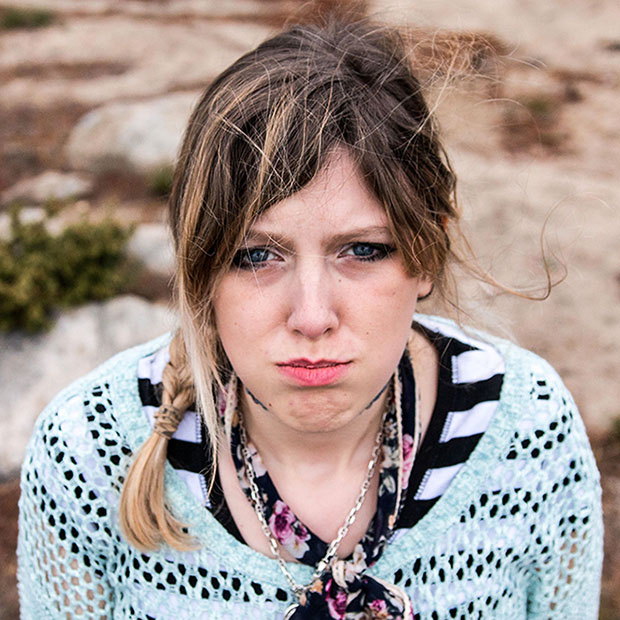The Dangers Of Chronic Teeth Grinding

Grinding our teeth briefly when we’re nervous or frustrated is pretty normal.
When the grinding doesn’t stop, however, it can do a lot of damage, whether it happens during the day or while we’re asleep. This kind of chronic grinding is called bruxism.
What Causes Teeth Grinding?
While daytime bruxism can be the result of stress and sleep bruxism is often associated with sleep apnea or snoring, you don’t need stress or a sleep disorder to have a teeth-grinding habit (and vice versa). It could be because of missing or improperly aligned teeth, or a bad bite.
Certain factors can predispose someone to bruxism. These include anxiety and stress, age (children are more prone to grinding than adults), antidepressants (including prescription drugs, tobacco, and alcohol), a family history of bruxism, and other disorders like Parkinson’s disease, ADHD, and GERD.
Common Signs Of A Grinding Habit
Many people who grind their teeth don’t notice when they do it (especially if they’re mainly doing it in their sleep) but you don’t have to catch a teeth-grinder in the act, because there are plenty of other indicators:
- Shortened, worn down teeth with flat chewing surfaces
- Chips, cracks, and splits in the teeth
- Exposed dentin (the more yellow layer beneath the white enamel)
- Tooth loss
- Soreness in the jaw (for nighttime teeth-grinders, the jaw will be most sore in the morning; for daytime grinders, the jaw will be most sore in the evening)
- Frequent headaches
- Overdeveloped jaw muscles
Treatment Options For Bruxism
The best treatment for bruxism will depend on which type it is, and some treatments focus more on minimizing damage while others focus on finding the cause of the grinding and addressing it.
Orthodontic Treatment
For bruxism that is caused by a bad bite or poorly aligned teeth, straightening those teeth out and correcting the bite may fix the problem.
Custom Mouthguards
While a mouthguard can’t do anything about the grinding itself or what’s causing it, it can protect the teeth from further damage by providing a cushion between the upper and lower teeth.
Behavioral Therapy
Habit-reversal techniques and behavioral therapy can help patients with teeth grinding become more aware of the habit and make a more conscious effort to stop. This is more effective for awake bruxism than sleep bruxism, as the latter is much more difficult to control.
Relaxation
In cases where bruxism is caused by stress or anxiety, relaxation techniques can help. These include activities like massages, warm baths, listening to calming music, getting a full night’s sleep, yoga, and deep breathing exercises.
It’s Time To Stop The Grind!
If you’re experiencing any of the symptoms that indicate bruxism, schedule an appointment with us so we can make a plan for how to address it and stop the damage. It’s crucial not to leave a habit like this untreated, because that will only give it more time to hurt your teeth.
